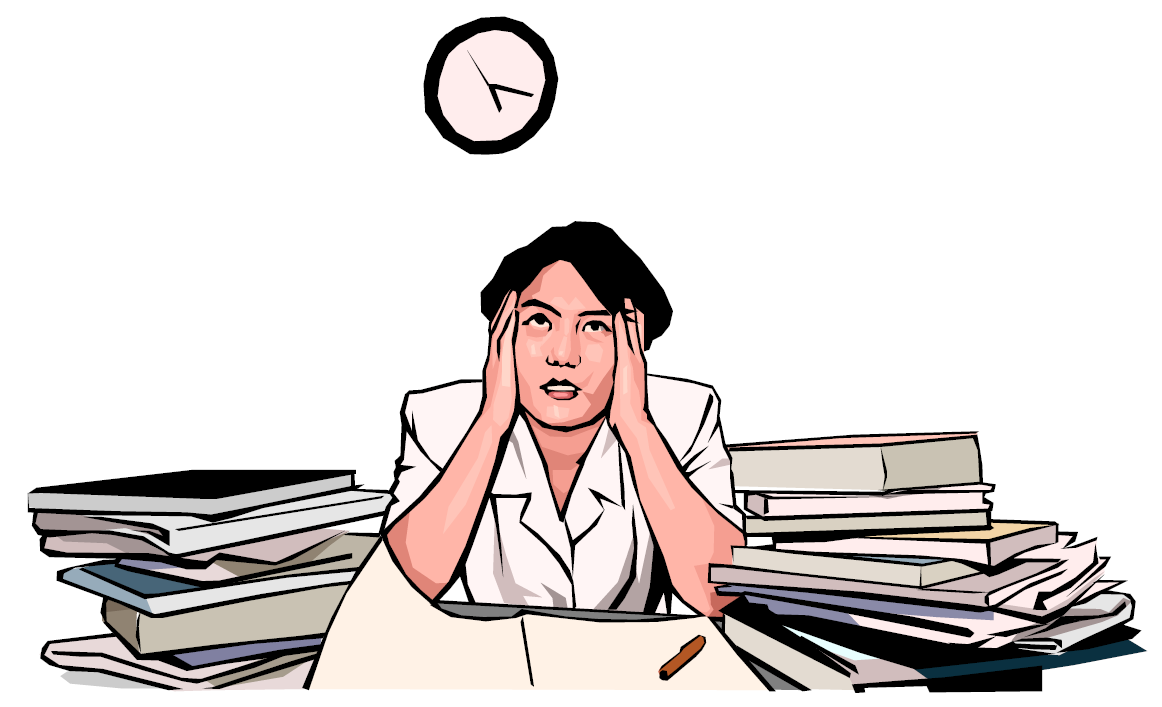MORE EFFECTIVE USE OF TIME
More effective use of time depends upon your decision to manage time instead of letting it manage you. This perspective is the first step to gaining control of your time.
In attempting to manage your time, you may discover that the way in which you handle crises creates some of your time management problems. Later, you will be asked to list the time management problems you think you may experience.
You should realize that you have more opportunity to impact on time use in your organization than you previously thought possible. You need to begin developing a time management strategy to exploit this opportunity. In devising this strategy, keep two thoughts in mind:
- It takes time to learn how to use time; and
- The principles of time use are merely guidelines.
Frequently, you will find you need some rather “uncommon” sense to devise strategies and plans that specifically fit the needs of your organization and you. Imagination as well as sensitivity is needed in this area.

Key Issues
A time use strategy springs from the insights you can gain by answering three important questions:
 MAJOR QUESTIONS
MAJOR QUESTIONS
1. Where does my time go?
2. Where should my time go?
3. How can I use my time better?
The first two questions — “Where does my time go?” and “Where should my time go?” — and the data those questions are designed to elicit serve as the basis for ultimately answering the third question: “How can I use my time better?”
By systematically answering each of these questions and identifying some of the problems you have in responding to them, you will be able to manage your time and work more effectively.
Time Management Quiz
YES / NO
1. _____ _____ Do you have – in writing – a clearly defined set of lifetime goals?
2. _____ _____ Do you have a similar short-term set of goals for the next 6 months?
3. _____ _____ Have you done something today to move closer to your lifetime goals?
4. _____ _____ Have you done something today to move closer to your short-term goals?
5. _____ _____ Do you have a clear idea of what you want to accomplish this next week?
6. _____ _____ Do you try to do most of the important tasks during your prime time? (the time you are most productive during the day)
7. _____ _____ Do you set priorities according to importance but not urgency?
8. _____ _____ Do you make constructive use of commuting time (assuming you can)?
9. _____ _____ Do you concentrate on objectives instead of procedures, judging yourself by accomplishments instead of activity?
10._____ _____ Do you delegate as much work as possible?
11. _____ _____ Do you delegate challenging jobs as well as routine one?
12. _____ _____ Do you delegate authority along with responsibility
13. _____ _____ Do you effectively use the aid of other staff to get better control of your time?
14. _____ _____ Have you taken steps to prevent unneeded information and papers from reaching your desk and intruding on your time?
15. _____ _____ In meetings, do you try to crystallize what the issues are and summarize the decisions made and responsibilities assigned?
16. _____ _____ Do you try to handle matters by phone or in person whenever you have a choice, using written communications (and e-mail) only when clearly needed?
17. _____ _____ Do you force yourself to make minor decisions quickly?
18. _____ _____ Do you set deadlines for yourself and others?
19. _____ _____ Do you make yourself take time to plan? Periodically use a time log?
20. _____ _____ Are you really in control of your time? Do you usually decide your actions, rather than having circumstances or others decide?
If you answered “No” to any question, you could benefit from using time management principles. Review your actions and determine what you can do to correct the deficiency.
